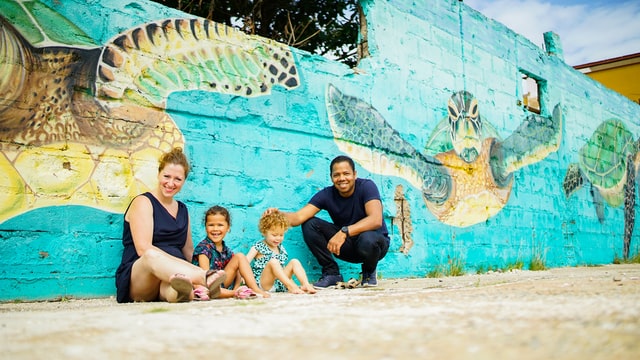Hosted by Dr Dave S.P. Thomas, Senior Adviser, Equality, Diversity and Inclusion at Advance HE on 4 May, the virtual Race Equality Colloquium 2022: Exploring intersections of minority-racialised identity and neurodiversity saw keynotes from three guest speakers working across EDI to discuss neurodiversity and race.
Professor Amanda Kirby, Founder and CEO of Do-It Solutions, which provides neurodiverse screening and assessments to help organisations and individuals improve inclusivity, opened the 2022 virtual Race Equality Colloquium with an insightful overview of neurodiversity and inequity. She discussed recommendations to improve the outcomes of neurodiverse people more equitably and how they can be prepared to enter and succeed in higher education.
Sharing his lived experience of being a minority-racialised man with Asperger’s Syndrome, Jason Arday, Professor of Sociology of Education at the University of Glasgow, also spoke about his career trajectory to professor and how he sees neurodiverse inclusion and race in HE.
Professor Arday became one of the youngest professors in the UK at 36. He also happens to be neurodiverse and Black. His is a unique story in the context of HE; unable to speak until the age of 11, or read or write until he was 18, Jason said that diversity of thought is a strength but that there is a lack of flexibility and understanding of neurodiversity and not only within higher education.
His main recommendations for improving inclusion for minority-racialised people with neurodiverse conditions included moving to a solutions-focused approach; creating interventions; understanding that compassion is underrated and simply observing to find out what people need. When asked how leaders in HE can adopt an intersectional focus to promote a greater sense of belonging and participation for neuro diverging educators, Jason said they should be thinking with their “feet first and heads second” when creating cultures and spaces. He said after that feet-first approach is when strategies can be put in place to sustain that culture.
When asked what can education and society can do to allow people to ‘just be’, Jason replied, “I think acceptance. We as a society are not monolith and we do not think the same, do not have to be the same and excellence does not have to be defined in the same way. I think everybody has unique and exceptional gifts. There are some people who are able to exercise those gifts and others who can exercise those gifts in subtle ways. Part of that is recognising that people are different and that everybody has something uniquely beautiful to bring to any given space and that does not have to be confined by how we discern excellence to be.”
The final keynote came from Melanie Hibbert, CEO and founding director of The Intersectionality Network, set up as a result of her lived experiences as a Black disabled woman working in HE institutions. She focused on intersectionality by exploring the experiences of black disabled women in HE and creating and promoting inclusivity in the workplace.
Melanie shared her lived experience of her younger years when she was told she was a troublemaker or naughty, because she wasn’t able to complete work at school. She said she really struggled even though she put in the time and effort, but the system she was educated into did not understand her or teach her in a way that she could understand and succeed.
Later diagnosed with dyslexia at age 30, and Asperger’s aged 42, Melanie said she doesn’t focus on the impairment because that is not the reason she experiences barriers – the barriers are external in society.
Not being seen, heard or included, having skill sets compared or undervalued – Melanie said this lack of representation and not having mentors within higher education, “someone like you that you can look up to”, is compounded with the realisation that there has never been a Black disabled woman as a lecturer in disability studies in the UK and Ireland.
Melanie shared some stages of a process to make inclusive changes in HE:
Recognition – you cannot start with inclusion without recognising the barriers which exist.
Intersectionality – using an intersectionality lens and a social model approach.
Affirmative – black disabled women should not be pathologised – we are intelligent, worthy, valued, beautiful and we are whole.
Action in practice – nothing speaks louder than that.
When asked for her top tips to promote inclusion for Black women who are neurodivergent, Melanie said, “I believe that inclusion has no limitations. Awareness is not good enough. We need to get to the stage of action and there are times when it is not familiar but the action needs to take place, everyone should have an opportunity. It is about listening and working together to make the changes that we all require.”
“Increasing concerns about whether or the extent to which we create and sustain welcoming and inclusive environments that promote belonging and inclusion for all continue to open new fault-lines, revealing underexamined categories such as the intersections between minority-racialised status and neurodiversity.”
Inclusion necessitates the adoption of an intersectional approach to redressing structural inequalities in providing access, representation and participation for all, particularly the underserved and most marginalised.
Dr Dave S.P. Thomas, Senior Adviser, Equality, Diversity and Inclusion at Advance HE
This blog is kindly repurposed from AdvanceHE and you can read the original here: Exploring neurodiversity and race in Higher Education
